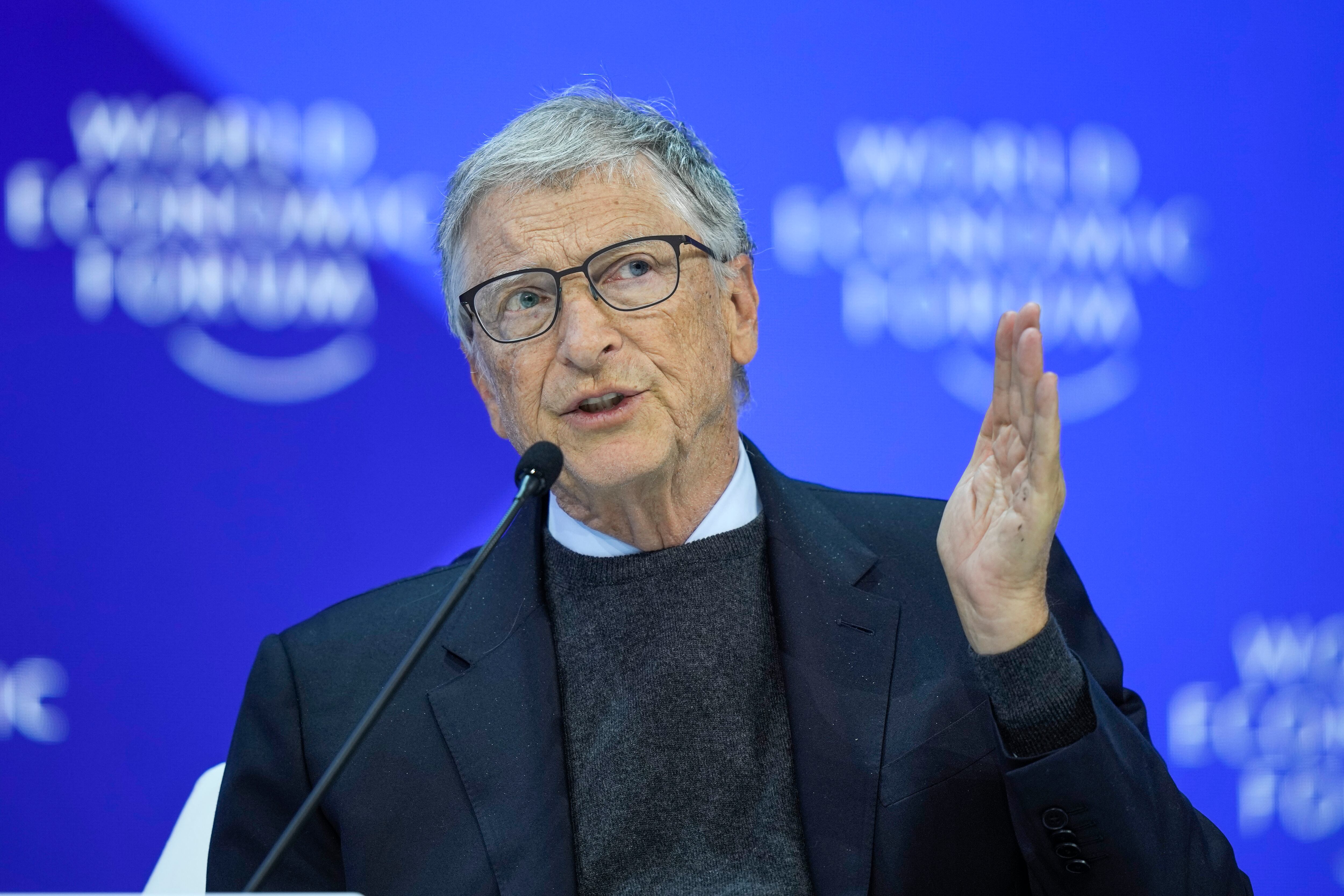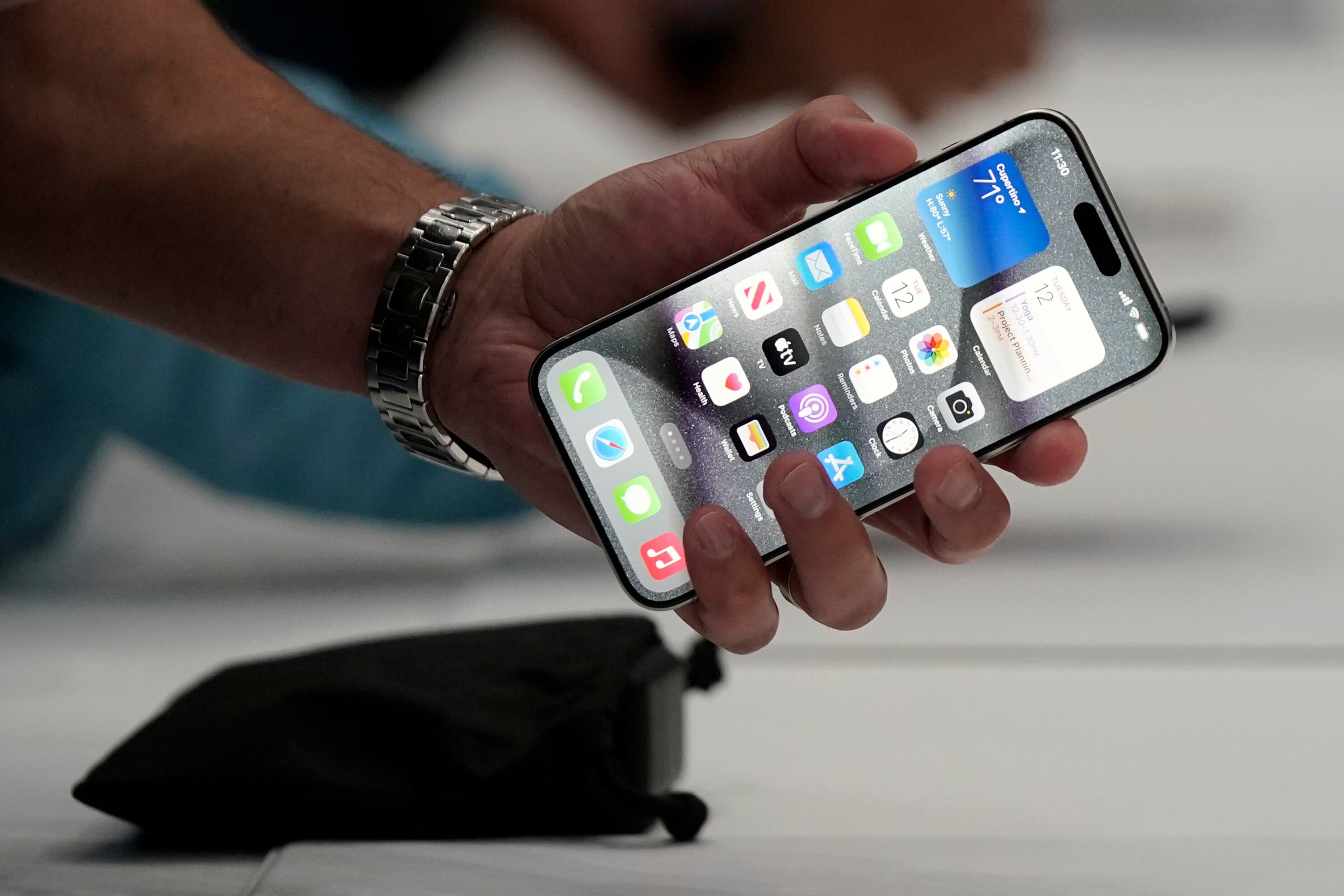*By Alisha Haridasani* Xiaomi, the fourth largest smartphone maker in the world, had a disappointing market debut on the Hong Kong Stock Exchange on Monday. Shares fell by as much as six percent, with investors worried about the escalating U.S.-China trade war ー the listing came just days after the two countries implemented tariffs on goods crossing their borders. But investors were also worried about Xiaomi’s vision and growth strategy, said Tarun Pathak, associate director and telecom analyst at Counterpoint Research. “Investors are really confused about whether to position this company as a hardware company or a services company,” said Pathak. “Xiaomi has a task at hand to position itself as an internet company going forward when the bulk of its revenue is coming from hardware.” In fact 70 percent of Xiaomi's revenue comes from smartphones, and the company has been struggling to redefine itself as more than a phone producer. In its IPO filing, the Chinese company declared that it generated $1.5 billion in revenue from services like advertising and mobile gaming in 2017, pitching investors that it could build out a robust online ecosystem much like Apple's. But it's got a long way to go ー Apple's services business brought in $9 billion just in the first quarter. In recent years, Xiaomi also started making more than budget smartphones, tapping into electric scooters, water purifiers, drones, and laptops. "I call it the Triathlete of the New Economy, where Xiaomi makes hardware and devices, sells its products through e-commerce, and offers services on the internet," said chief executive Lei Jun in an interview with a local Hong Kong paper [South China Morning Post](https://www.scmp.com/business/companies/article/2142130/rise-xiaomi-inside-humble-chinese-start-poised-become-years) earlier this year. Still, services only account for 9 percent of the company's overall revenue. Xiaomi shares priced at $17 Hong Kong dollars in the IPO, about $2 in the U.S., and closed their first trading day down by almost 1.2 percent. That gave it a market cap of less than $48 billion, a far cry from the $100 billion valuation it was seeking earlier this year. For the full segment, [click here.](https://cheddar.com/videos/chinese-smartphone-giant-xiaomi-drops-in-debut)












